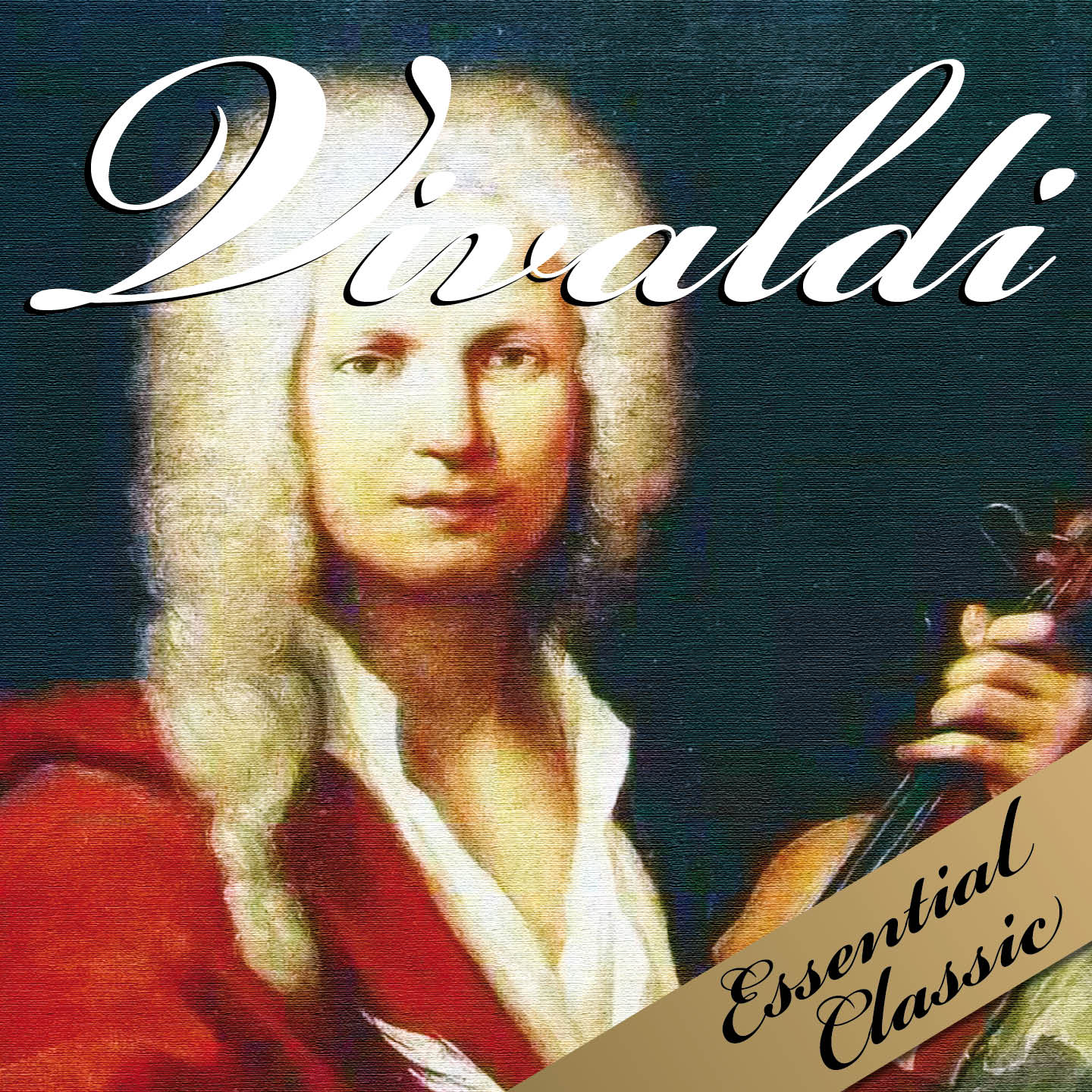

In any event he had become a priest against his own will, perhaps because in his day training for the priesthood was often the only possible way for a poor family to obtain free schooling.

It is also possible that Vivaldi was simulating illness - there is a story that he sometimes left the altar in order to quickly jot down a musical idea in the sacristy. Though ordained a priest in 1703, according to his own account, within a year of being ordained Vivaldi no longer wished to celebrate mass because of physical complaints ("tightness of the chest") which pointed to angina pectoris, asthmatic bronchitis, or a nervous disorder. The violin was especially prized among Venetian composers, perhaps due to the proximity of eminent violin makers and families such as Amati and Stradivarius.Ī fortuitous background indeed, into which Antonio Vivaldi was born in Venice on March 4th, 1678. In the north, Venice was also recognized as a great music centre both for its concerts and its operatic traditions.

During the first half of the 1700s, baroque music adopted the Italian forms of the concerto and sonata, and with them, much of the Italian baroque "vocabulary" together with the latest Italian compositions. Here too, it may be said that baroque music was born. Within Italy, the great focus was Rome, whose ancient ruins and more recent achievements were shown to every Grand Tourist. They would also bring back music scores or hand-written copies of the latest Italian compositions. The British traveller Charles Thompson speaks for many Grand Tourists when he describes himself as "being impatiently desirous of viewing a country so famous in history, which once gave laws to the world which is at present the greatest school of music and painting, contains the noblest productions of statuary and architecture, and abounds with cabinets of rarities, and collections of all kinds of antiquities."ĭomestic music making among the wealthier families was a popular and highly prized art, and for many Grand Tourists the celebrated virtuosi, the concerts and compositions of baroque masters especially in Italy would have been a major focus of their travels. The essential place to visit, however, was Italy. London was a frequent starting point for Grand Tourists, and Paris a compulsory destination many travelled to the Netherlands, some to Switzerland and Germany, and a very few adventurers to Spain, Greece, or Turkey. The Grand Tourist was typically a young man with a thorough grounding in Greek and Latin literature as well as leisure time, financial means, and some interest in art. In 1668, "An Italian Voyage" by Richard Lassels was published, and the institution of the Grand Tour of Europe was born. So Venice, undeterred, opened itself up to the newly travelling aristocracy as a tourist centre, with its Masqued Carnivals and Splendiferous Canal Processions set against the backdrop of its unique location and architecture.

Travel up and down the Croatian coast to see evidence everywhere of Venetian architecture, statues and city planning.īut by the mid 1600s Venice was losing its commercial power, as new trading routes opened, and new power structures developed in the Mediterranean. Further wars of conquest enabled Venice to acquire neighbouring territories, and by the late 15th century, the city-state was the leading maritime power in the Christian world. Having put down its main rival, Genoa, in the war of 1378-1381, Venice established its supremacy over the Adriatic, its 'home waters', and the northern Mediterranean. Governed effectively by its wealthy merchants with a focus on trade, Venice prospered the great houses, palaces, public buildings and statuary we enjoy today are the legacy of aristocratic wealth. The Crusades and the resulting development of trade with Asia and the Middle East led to the establishment of Venice as the greatest commercial centre for trade with the East and politically the strongest European power in the Mediterranean region. Situated on 120 islands formed by 177 canals in the lagoon between the mouths of the Po and Piave rivers at the northern extremity of the Adriatic Sea, Venice became known as the “Queen of the Adriatic” reflecting its historic role as a naval power and commercial centre. A Venetian all his life, travelling but always returning, Vivaldi epitomizes Italian Baroque Music like no other composer.īut first, let us look briefly at Vivaldi's home City-State. Antonio Vivaldi was a virtuoso violinist, a virtuoso composer – at least in terms of quantity – and a virtuoso teacher, as clearly evidenced by the level of competence attained by his pupils.


 0 kommentar(er)
0 kommentar(er)
